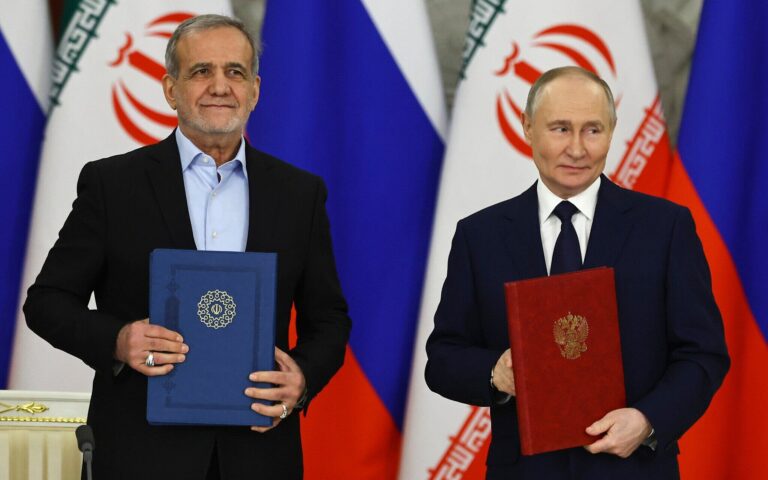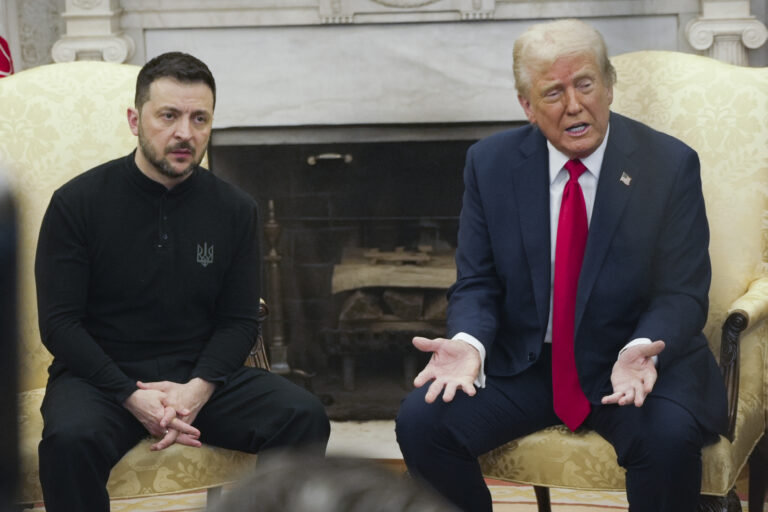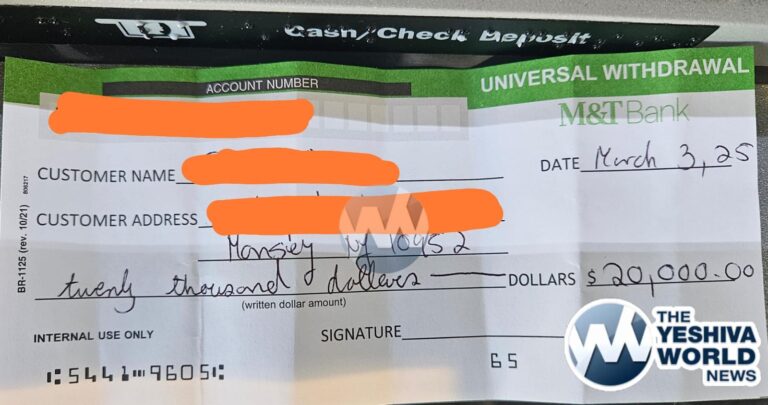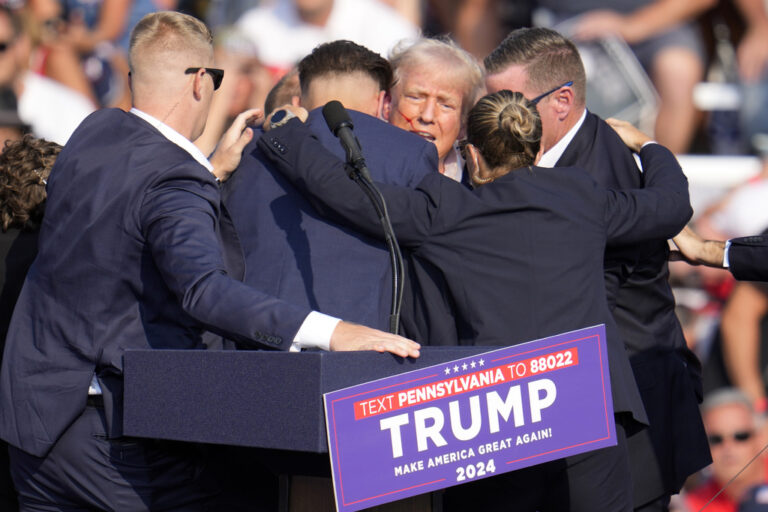 Seeking to keep a pair of delicate diplomatic efforts afloat, President Barack Obama warned Israeli Prime Minister Benjamin Netanyahu to move forward on peace talks with the Palestinians.
Seeking to keep a pair of delicate diplomatic efforts afloat, President Barack Obama warned Israeli Prime Minister Benjamin Netanyahu to move forward on peace talks with the Palestinians.
Obama and Netanyahu are meeting Monday at the White House at a critical juncture in both sets of negotiations. The U.S. and its international partners are in the midst of new talks with Iran aimed at forging a long-term nuclear agreement. And a U.S.-imposed April deadline for completing a framework for peace talks between Israel and the Palestinians is fast approaching with few signs of tangible progress.
Aaron David Miller, a longtime Middle East peace adviser to presidents from both parties, said the tension sparked by the nuclear negotiations will probably force Obama to tread carefully as he presses Netanyahu on the pursuit of peace with the Palestinians.
While there has been progress on both high-stakes issues, the odds of reaching final agreements on either matter are low. Shortly before departing for Washington, Netanyahu vowed to “stand steadfast” on Israeli interests in the face of heavy international pressure to make concessions to the Palestinians.
For Obama, the prospect of a nuclear deal with Iran has often appeared to trump the goal of an elusive peace between the Israelis and Palestinians. After a failed attempt to jump-start peace talks in his first term, the president has largely left the current effort to Secretary of State John Kerry, who has traveled to the region nearly a dozen times over the past year.
However, Obama’s direct engagement with Netanyahu this week, as well as a separate meeting planned later this month with Palestinian Authority President Mahmoud Abbas, suggests the White House sees a need for presidential involvement before the April deadline.
“I believe that (Netanyahu) is strong enough that if he decided this was the right thing to do for Israel, that he could do it,” Obama said in an interview with Bloomberg View. “If he does not believe that a peace deal with the Palestinians is the right thing to do for Israel, then he needs to articulate an alternative approach. And as I said before, it’s hard to come up with one that’s plausible.”
The framework Kerry is seeking would serve as guide for negotiations on a permanent solution to the long-running conflict. The framework aims to address the core issues in the dispute, including borders between Israel and a future Palestine, the fate of Palestinian refugees and the status of the holy city of Jerusalem.
While in Washington, Netanyahu will also speak at the annual meeting of AIPAC, the largest pro-Israel lobby. Obama, who has made two previous appearances at AIPAC as president, is not scheduled to speak at this year’s event. Treasury Secretary Jacob Lew addressed the conference Sunday night.
The Israeli leader’s interactions with U.S. lawmakers will be closely watched during his visit. Netanyahu has urged the U.S. not to ease sanctions on Iran during the nuclear negotiations, putting him on the side of lawmakers from both parties who have sought to increase the economic penalties during the talks. But Obama has threatened to veto any new sanctions bill, warning that more sanctions would violate the terms of the interim agreement.
Natan Sachs, a fellow at the Saban Center for Middle East Policy, said Netanyahu’s alignment with American lawmakers opposed to the president is “a very touchy issue for both sides because it involves domestic issues in the United States.”
The U.S. and its international partners signed an interim agreement with Iran late last year to roll back key parts of the Islamic republic’s nuclear program in exchange for easing some of the economic penalties. Israel fears that Iran is using the negotiations with the U.S., Britain, France, Germany, Russia and China to stall for time as it presses ahead with its nuclear capabilities.
While Obama and other world leaders have expressed cautious optimism about new Iranian President Hassan Rouhani, Netanyahu has blasted him as a “wolf in sheep’s clothing” who may be more appealing to the West but is peddling the same policies as previous Iranian regimes.
The U.S. and Israel contend that Iran is seeking to build a bomb, while the Islamic republic says its nuclear program is for peaceful purposes.
Obama and Netanyahu are also expected to discuss the violence in Syria, which is threatening to further destabilize the Middle East, as well as unrest in Egypt, the first Arab nation to sign a peace treaty with Israel.
(AP)











2 Responses
How come there is never any ‘fallout’ for the Palestinians?
Anyone know where I can purchase “hillary 2016” yarmulkas?